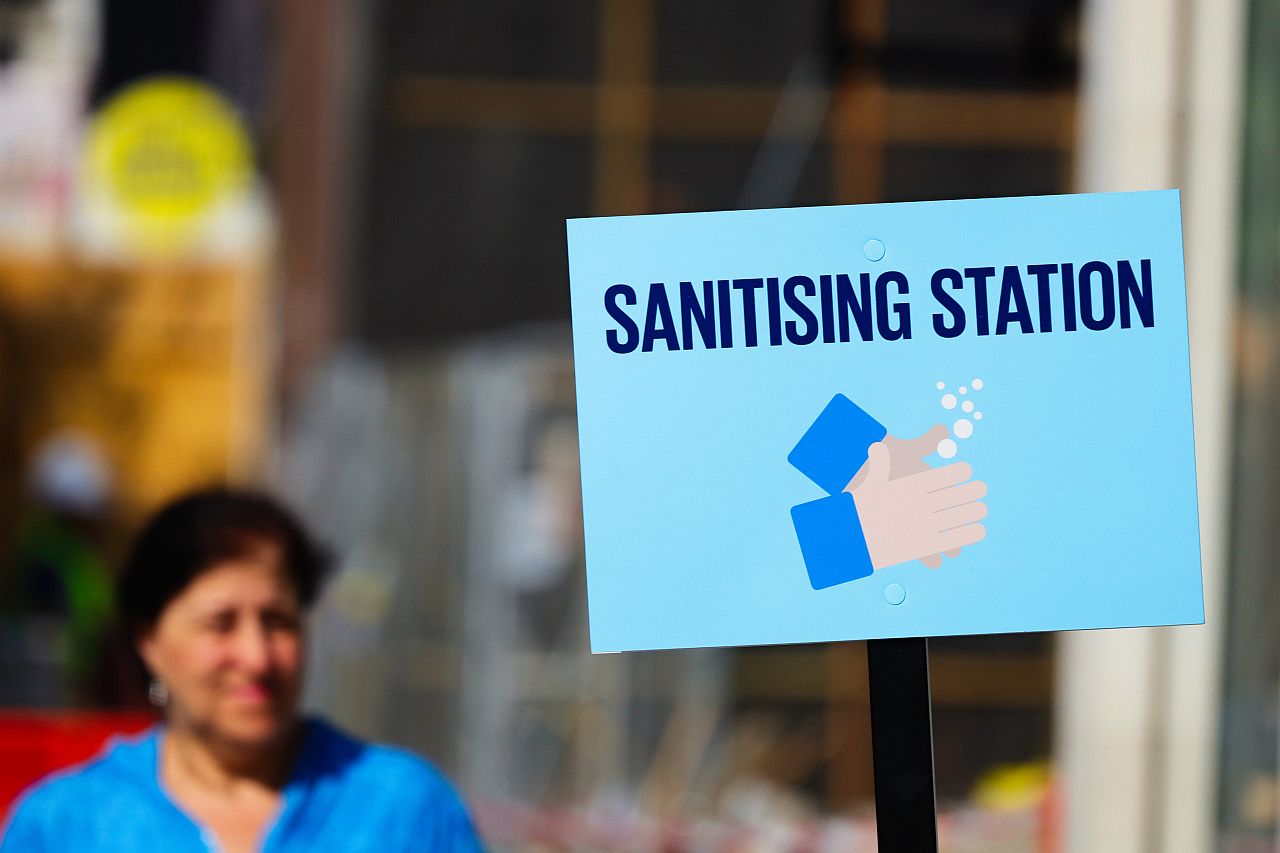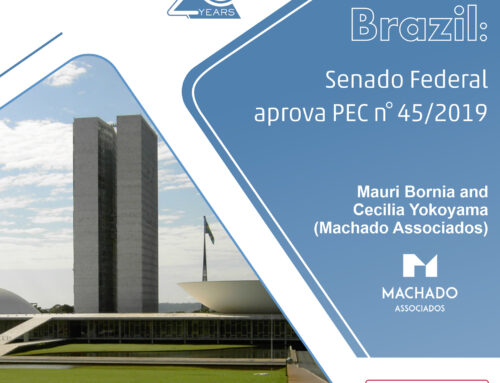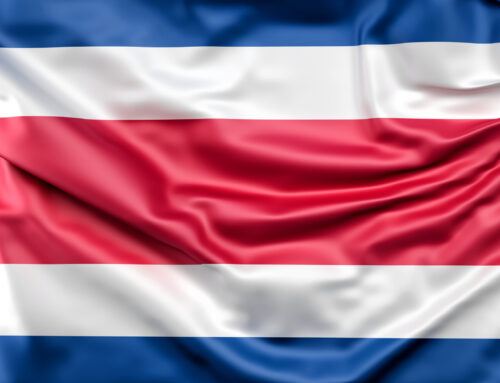Brazilian government takes tax measures to support the economy against COVID-19
Ricardo Marletti Debatin da Silveira and Gabriel Caldiron Rezende of Machado Associados discuss the tax measures adopted in Brazil during the COVID-19 crisis.
The COVID-19 crisis has caused a strong negative impact on the world economy, and in Brazil, the scenario is no different.
To tackle the situation, the Brazilian government has taken important tax measures to try to support the economy and to facilitate the imports and production of goods which are necessary to fight COVID-19.
Measures taken include changes to:
Import duty and federal excise tax
The reduction to zero of the tax rates applicable to the import duty and federal excise tax (IPI) on transactions involving several antiseptic products, medical protective clothing and equipment, medical equipment for blood transfusion, oxygen therapy, automatic respirators, among other medical and pharmaceutical products, up until September 30 2020 (CAMEX Resolutions No. 17/2020 and No. 22/2020 and Decrees No. 10285/2020 and No. 10302/2020).
Customs clearance
The facilitation of the customs clearance of several medical and pharmaceutical goods for combating COVID-19, while the state of public health emergency continues, according to Normative Instruction No. 1927/2020 of the Federal Revenue Service (RFB). The instruction also allows for the advance delivery of
the goods before the conclusion of the customs audit.
Postponement of the payment of federal taxes and ancillary tax obligations
Obligations which have been postponed include the:
a) Payment deadlines of the social contributions on payroll (CPP) and on revenues (PIS and COFINS) related to March and April 2020, to be paid along with such taxes related to the months of July and September (Ministry of Economy’s Ordinance No. 139/2020);
b) Payment deadlines of the federal taxes levied under the Simples Nacional (special tax regime applicable for small companies) for six months (CGSN Resolution No. 154/2020);
c) Delivery deadlines of the federal tax credits and debts return (DCTF) and of the social contributions tax calculation return (EFD-Contribuições), which should be delivered in April, May and June 2020 to July 2020 (RFB Normative Instruction No. 1932/2020); and the
d) Delivery deadline to file the annual individual income tax returns relating to calendar year 2019, from April 30 to June 30 2020.
Tax on financial transactions
Reduction to zero of the rate of the tax on financial transactions (IOF-credit) applicable to credit transactions contracted between April 3 and July 3 2020 (Federal Decree No. 10305/2020).
Tax regularities certificates
Extensions of the validity of tax regularity certificates with clearance effects have been granted by the federal government and by some states and municipalities, including the state and municipality of São Paulo.
Social contributions for third party entities (“S” system)
Reduction by 50% of the rates of the social contributions for third party entities (Provisional Measure No. 932/2020), resulting in the following rates: (a) 1.25% on the payroll for SESCOOP; (b) 0.75% on the payroll for SESI, SESC, and SEST; (c) 0.5% on the payroll for SENAI, SENAC, and SENAT; (d) 1.25% for rural producers that chose to calculate the contribution on its payroll, for SENAR; (e) 0.125%, on the sales revenues of agricultural products from legal entity rural producer or agroindustry, for SENAR; and (f) 0.10% on the sales revenues of agricultural products from individual rural producer for SENAR.
State and municipal tax measures
Some states and municipalities have also taken individual tax measures, such as: (a) Rio de Janeiro has granted a state VAT (ICMS) taxable basis reduction for transactions with hydrated ethyl alcohol; (b) Santa Catarina has postponed the deadline for filing some state tax returns; and (c) Paraná has postponed the
payment deadline for small businesses in relation to the ICMS levied on the tax substitution regime.
Suspension of deadlines
The tax authorities, administrative courts and judicial courts have suspended several legal deadlines and measures to collect tax debts.
Although this is a very difficult time that requires the reduction of tax burden and bureaucracy, on the opposite hand of the tax measures mentioned, some alternatives to guarantee the government’s funding have been discussed, such as the creation of temporary or permanent taxes. In this sense, bills of laws
have been proposed, for instance, aiming at the taxation of profits and dividends by the income tax, and the creation of a tax on large fortunes (wealth tax), among others.
The COVID-19 crisis arose just when the Brazilian tax reform, which has been expected for more than 20 years, was finally under discussion by specialists at the National Congress. However, as it stands, it has been indefinitely postponed.
This article was first published by International Tax Review in April 2020
(https://www.internationaltaxreview.com/article/b1l71q1gchqyxt/brazilian-government-takes-tax-measures-to-support-theeconomy-against-covid-19)





